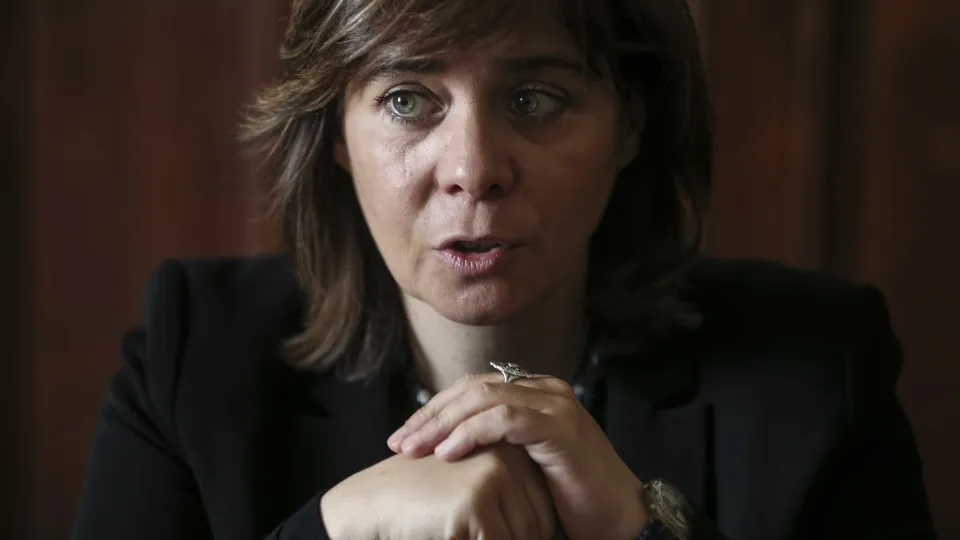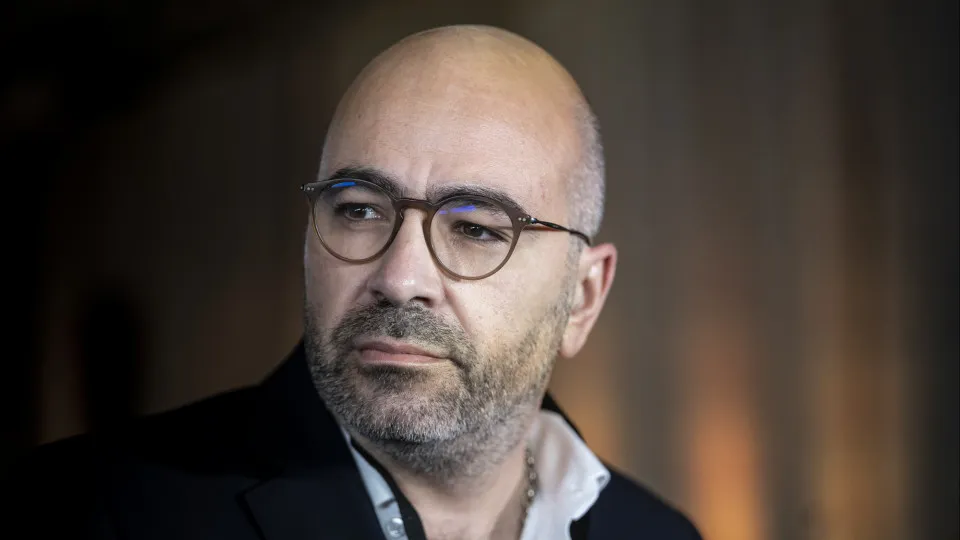On the third day of the specialized debate on the State Budget proposal for 2026, preceding votes on party proposals for sectors like education and health, the Deputy Secretary for Education, Alexandre Homem Cristo, pledged a “new face” for professional education by September 2026 and a “profound review of social action systems.”
The official explained that professional education will have new options related to the catalog and specialized technological centers, acknowledging they were initiated under the previous PS-led government, but their execution is a priority for the current administration. For social action, he promised a “new model, more equitable, progressive, and transparent.”
Socialist MP Porfírio Silva expressed satisfaction seeing the government discussing initiatives “inherited from the PS, like the specialized technological centers,” but added that the current administration found them “completed and funded and now claims to be establishing them.”
Sofia Pereira, also from the PS, stated that her party wants to ensure the execution of what the government, which she accused of being “incompetent and ideological,” refuses to implement, advocating the payment of housing supplements as legally stipulated and opposing tuition fee increases in higher education.
From the PCP, parliamentary leader Paula Santos remarked on tuition fees, saying the government’s actions mirror past efforts, starting adjustments so that “before you realize it, the value will exceed a thousand euros,” and added, “for the PSD and CDS, accessing the highest levels of education is not a right for all; it’s a privilege for some.”
Another hot topic on the third day of the debate on the OE2026 was health, with CDS-PP deputy Paulo Núncio emphasizing the proposal by centrists and social democrats to “strengthen” public-private partnerships (PPP) in health, criticizing the PS and other left-wing parties for ending PPPs and accusing them of “pure ideological blindness.”
In her response, socialist Sofia Andrade rejected the criticisms, emphasizing that the PS believes the private sector should complement the National Health Service, stating “the priority” must be investing in the public health system, and accusing the government of being “more interested in increasing investment for the private sector to the detriment of the National Health Service.” She added, “there is no ideological blindness.”
“When the PSD governs, the recipe is always the same: first, they disinvest in the sector, then deregulate it, and eventually proclaim that the best option is privatization,” Sofia Andrade continued.
From Chega, Patrícia Nascimento argued that “the right to health is for everyone,” but access to the NHS should be for “all who work and contribute in Portugal.”
The deputy also referred to a Chega proposal regarding the collection of costs from non-resident foreigners without NHS coverage, noting that IGAS quantified “millions of euros in debts from non-resident foreigners, much of which remains uncollected.”
In response, the Secretary of State for the Presidency and Immigration, Rui Armindo Freitas, admitted that such collection is “a difficulty” and noted that Chega’s proposal is “a photocopy” of the government’s initiative and is “redundant,” as “anyone not legally resident in Portugal must provide proof of health care coverage and reimburse the state for services provided,” reminding that urgent situations are excluded.
“It is clear that in regulating foreigners, there is not always a need to introduce the term foreigner for the situation to be addressed,” he added.




